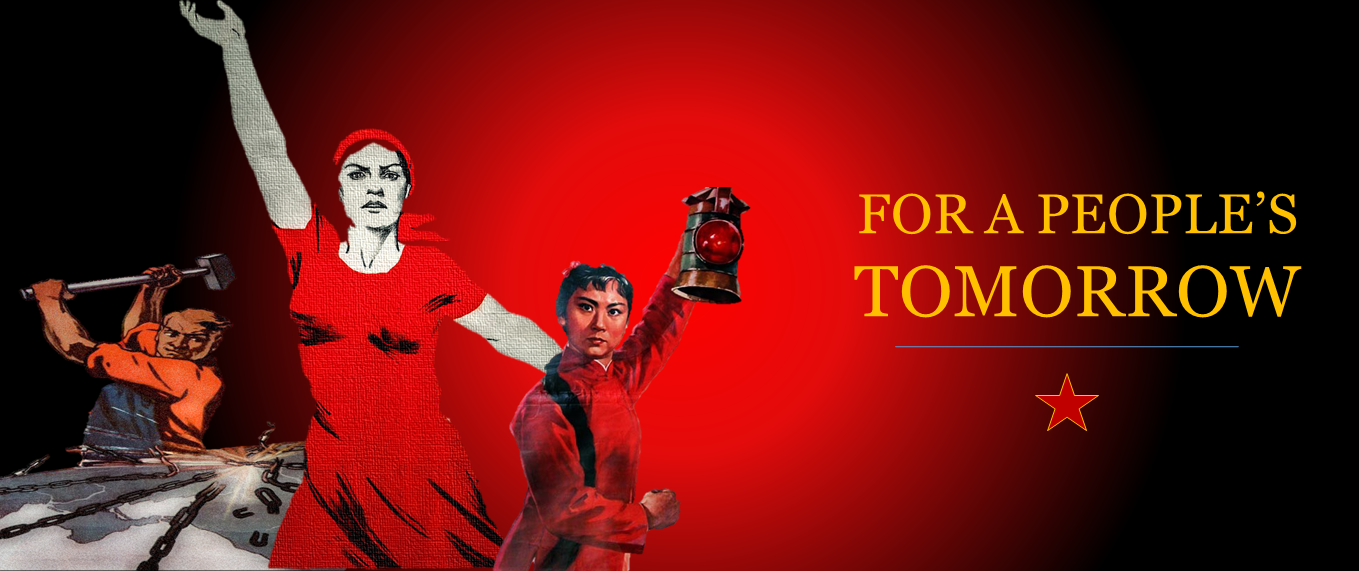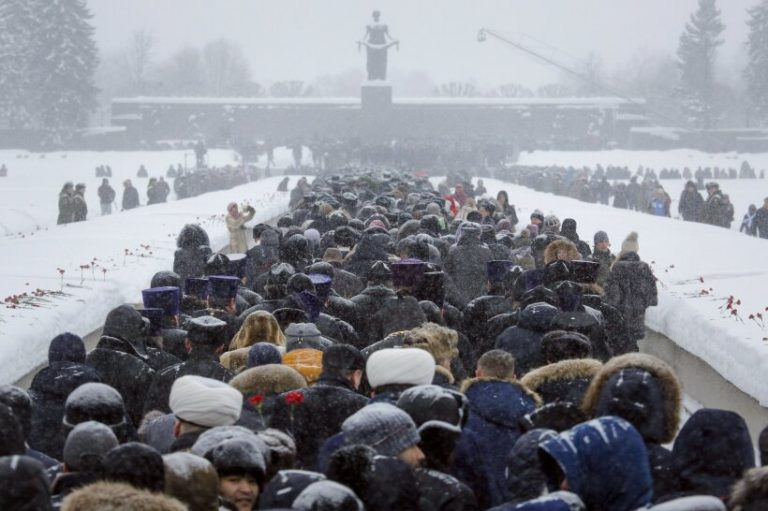Vladimir Mayakovsky

Awhirl with events,
packed with jobs one too many,
the day slowly sinks
as the night shadows fall.
There are two in the room:
I
and Lenin-
a photograph
on the whiteness of wall.
The stubble slides upward
above his lip
as his mouth
jerks open in speech.
The tense
creases of brow
hold thought
in their grip,
immense brow
matched by thought immense.
A forest of flags,
raised-up hands thick as grass…
Thousands are marching
beneath him…
Transported,
alight with joy,
I rise from my place,
eager to see him,
hail him,
report to him!
“Comrade Lenin,
I report to you –
(not a dictate of office,
the heart’s prompting alone)
This hellish work
that we’re out to do
will be done
and is already being done.
We feed and we clothe
and give light to the needy,
the quotas
for coal
and for iron
fulfill,
but there is
any amount
of bleeding
muck
and rubbish
around us still.
Without you,
there’s many
have got out of hand,
all the sparring
and squabbling
does one in.
There’s scum
in plenty
hounding our land,
outside the borders
and also
within.
Try to
count ’em
and
tab ’em –
it’s no go,
there’s all kinds,
and they’re
thick as nettles:
kulaks,
red tapists,
and,
down the row,
drunkards,
sectarians,
lickspittles.
They strut around
proudly
as peacocks,
badges and fountain pens
studding their chests.
We’ll lick the lot of ’em-
but
to lick ’em
is no easy job
at the very best.
On snow-covered lands
and on stubbly fields,
in smoky plants
and on factory sites,
with you in our hearts,
Comrade Lenin,
we build,
we think,
we breathe,
we live,
and we fight!”
Awhirl with events,
packed with jobs one too many,
the day slowly sinks
as the night shadows fall.
There are two in the room:
I
and Lenin –
a photograph
on the whiteness of wall.








 Photo: iStock
Photo: iStock